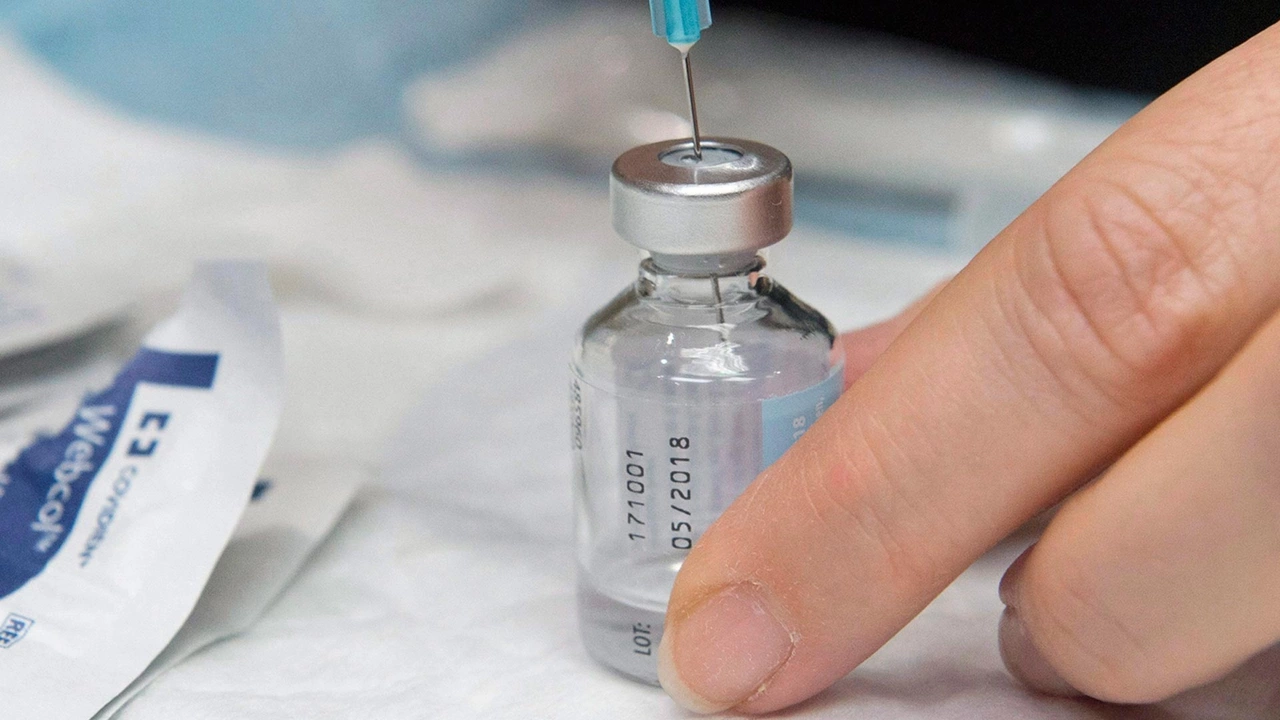As a blogger, I feel it's important to address the ethics of mandatory vaccination policies for reemerging influenza. The issue raises critical questions about individual rights versus public health. On one hand, mandatory vaccinations can help prevent the spread of disease and save lives. On the other hand, some individuals may have personal or religious reasons for not wanting to be vaccinated. In my opinion, finding a balance between respecting individual choices and protecting public health is vital in this debate.
Mandatory Vaccination — practical answers for real life
Mandates aren't a rumor — they affect school enrollment, many healthcare jobs, travel to certain countries, and sometimes workplaces. If you're worried, confused, or just want to plan ahead, this page gives clear, practical steps so you know what to expect and how to act.
Where mandates usually apply
Schools: Most countries require shots for kids before starting daycare or school. Common ones are MMR (measles, mumps, rubella), DTaP (diphtheria, tetanus, pertussis), polio, Hepatitis B, and varicella (chickenpox). Check your local health department for the exact list and timing.
Healthcare and care homes: Hospitals and eldercare facilities often require proof of specific vaccines — flu, hepatitis B, and MMR are frequent examples. Employers do this to protect vulnerable patients.
Travel: Some countries ask for proof of vaccines like yellow fever or meningococcal before entry. Travel clinics and embassy websites list current rules for each destination.
Common questions and practical steps
Can I refuse? That depends where you live. Laws vary. Many places allow medical exemptions signed by a doctor. Some allow religious or philosophical exemptions, but rules differ a lot. If you plan to refuse, check local laws and the institution's policy first.
What proof works? A vaccination card, electronic immunization record, or a doctor’s letter usually works. Schools and employers will tell you which documents they accept. Keep a digital photo of your card so you always have a copy.
Need a medical exemption? Talk to your doctor about documentation. A valid medical exemption usually lists the specific medical reason, the expected duration, and the physician’s signature. Keep copies and ask your school or employer what format they need.
Worried about side effects? Most vaccine reactions are mild — soreness, low fever, or tiredness. If you have a severe reaction, seek medical care and ask your doctor how to report it to the national safety system (for example, VAERS in the U.S.). Your doctor can help with follow-up and documentation.
What if your job mandates vaccines? Employers can require them, especially in healthcare or sectors with higher risk of spread. If you object, ask about alternative steps: testing, masks, reassignment, or approved exemptions. HR or occupational health should outline options.
Where to get official answers? Check your local health department, school district, employer policy, or the ministry/department of health website. These sources list required vaccines, accepted proof, and how to request exemptions.
Need more detail about a specific vaccine or how to buy it safely? Search Evo-Pharmacy.com for guides on individual vaccines, side effects, and trusted pharmacy options. If you want step-by-step help — like how to get records, make an exemption request, or prepare for travel shots — start with the health department or your clinic, then follow up with your employer or school.
Mandatory vaccination can feel overwhelming, but clear rules and a few documents usually solve most problems. Get your records in order, talk to your doctor if you need exemptions, and check official sources so you know exactly what’s required where you live.

